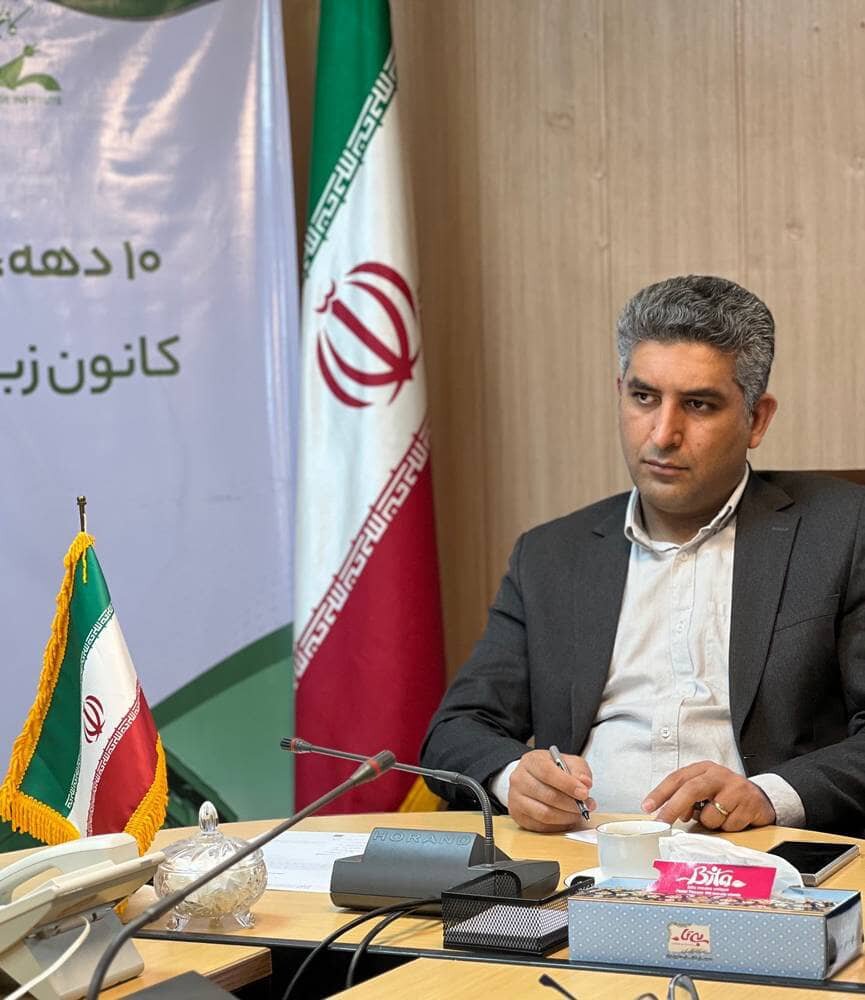“Developing public and educational diplomacy in today’s world is impossible without language acquisition. Language learning plays an important role in public and educational diplomacy.
In fact, learning a foreign language not only allows individuals to connect with other cultures and societies, but also serves as an undeniable, powerful conduit for the development of public diplomacy and international relations. We see language as more than just a communication tool. In this equation, language acts as a “narrator.” On the one hand, learning foreign languages allows diplomats and cultural representatives to interact directly with people from other countries. This direct interaction can promote mutual understanding and reduce misunderstanding. ”
Language education is not limited to diplomats and cultural attachments. Today, we can firmly state that everyone needs to have language skills for optimal and effective communication and direct narration. Language is a window into society’s culture. Through language learning, individuals can become familiar with the national literature, art, music and other cultural aspects. This familiarity can strengthen cultural connections and enhance cultural exchanges. Research shows that learning a foreign language can help improve cognitive skills such as memory, focus and problem solving. ”
Another benefit of language learning is increased employment opportunities. In today’s world, proficiency in foreign languages can open up more career prospects in areas such as international trade, tourism, and translation. Learning a variety of languages enables students and learners to participate in international exchange programs and benefit from educational opportunities overseas. Therefore, the role of language in forming a stable communication network between governments and countries is undeniable and essential. ”
Dr. Mahdi Zorfari, CEO of Iranian Language Institute

